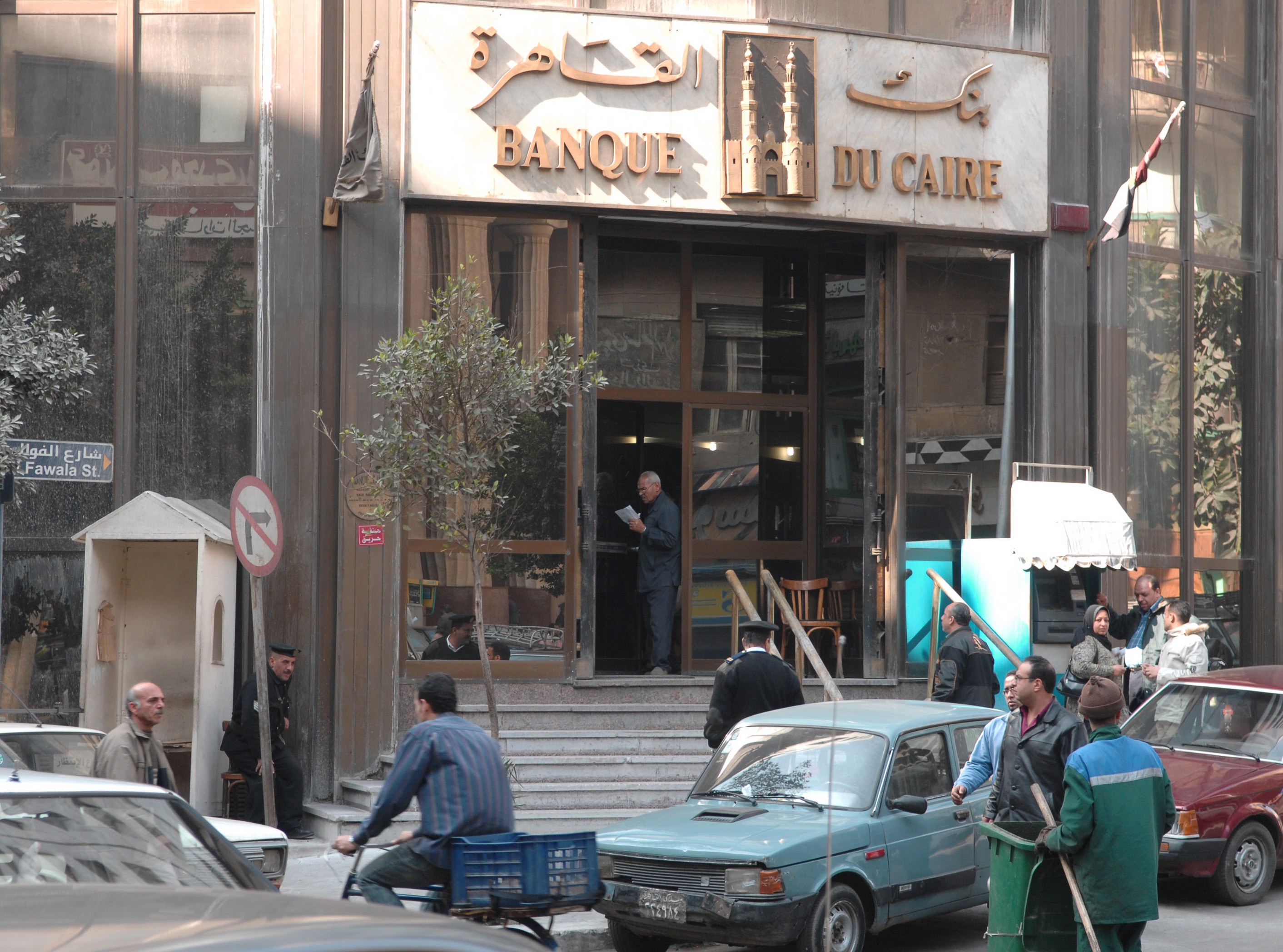IFC, a member of the World Bank Group, is working together with the European Investment Bank (EIB), Agence Française de Développement (AFD), and the European Commission through the Neighborhood Investment Facility (NIF) to provide funds for small and medium enterprises (SME) in the Middle East and North Africa.
IFC is establishing the MENA SME Facility in partnership with the World Bank, International Financial Institutions and donors. The facility will be set up with a capital of about $381m, in which IFC and EIB will each contribute $150m, with $50m from AFD and €24m from the NIF. The facility, which aims to expand access to finance for small businesses, will be led by IFC and is expected to help support job creation across the region.
The facility will mobilise an additional $350-400m in investments through risk sharing arrangements with local banks to support the SME sector. A strategic focus on Morocco, Tunisia, Egypt, Lebanon, and Jordan will help banks mitigate the risks of an unpredictable investment climate. It will also help create jobs in countries where youth unemployment is particularly high. That is especially important in a region that will need to add about 75 million positions over the next decade to keep up with population growth.
“The European Investment Bank is happy to foster this innovative risk-sharing joint instrument as a response to the Deauville Partnership,” said Philippe de Fontaine Vive, Vice President of the EIB. “Economic growth led by private sector development remains the cornerstone of any equitable strategy and job creation in the region. It is also fully in line with the European Neighborhood and Partnership instrument objective, which above all encourages investment and private global trade.”
The NIF investment, channeled through the EIB, is the first contribution to the junior tranche of the facility and it is key to the financial balance of the initiative.
“SMEs are a driving force of economies and by sharing the risk of lending to SMEs with local banks, the facility will help to improve SME access to finance,” said Hervé Breton, AFD Director in Amman. “This initiative results from an increased coordination among development financial institutions active in the region, facilitated by the action of the European Commission through the NIF.”
Dimitris Tsitsiragos, IFC Vice President for Europe, Central Asia, the Middle East and North Africa, said, “Banks shy away from lending to SMEs because of the belief that it is too risky. The SME facility will help provide risk sharing guarantees to financial intermediaries to help encourage SME financing. This in turn will help to encourage banks to lend to SMEs and support enterprises that create jobs at the base of the pyramid and support private sector led growth.”
SMEs in MENA countries represent about 80% of all business, and make up close to 40% of employment in some MENA countries. But SMEs in the region suffer from a severe lack of access to finance, with few businesses able to secure loans due to a stifling legal and financial framework. A technical assistance component of the facility in partnership with the World Bank is designed to improve the regulatory environment for small businesses. It also helps banks better understand the benefits of lending to SMEs and assists them in developing new products, like loans tailored to entrepreneurs with little collateral.


